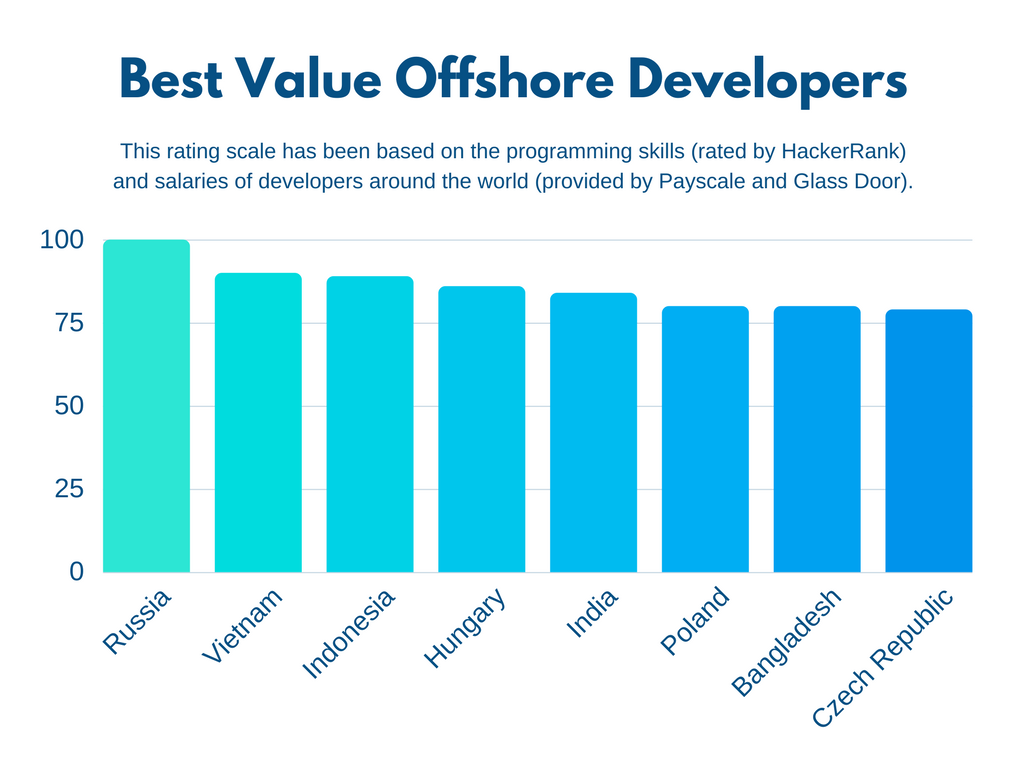Recruiting in Vietnam doesn’t have to be painful for your startup or scaleup. Of course, building a team for a new operation can be a challenge, and it can be even tougher to attempt this while based in another country or as a recent arrival to Vietnam. With that in mind, here are tips to successfully hire in Vietnam as a new international company.
Focus on What You Really Need
Candidates in Vietnam won’t be attracted by a long list of responsibilities. Instead, it’s much better to focus your advertisement on the handful of items you really need. You are more likely to attract a suitable pool of candidates this way. From the larger pool of applicants you receive, you can hone in on the fine details through the screening and selection process.
Confirm Your Offer
Getting the salary in the right range is important to ensure you receive a good pool of candidates without imposing excessive costs on your business. If you’re not regularly hiring, it can be hard to know what the latest market rate is for a given role. Salary surveys can be a useful starting point to inform your offer. However, a given salary range may include significant variation of skills and abilities. This may be relevant if you need languages other than Vietnamese, a particular set of expertise, or an overseas degree. Local connections can also be useful to verify if your salary will be competitive.
There are also other considerations beyond salary. For example, flexible working hours, access to training or access to international travel can be attractive. Also, a bonus is likely to be expected at or around Lunar New Year.
Review Your Positioning
Positioning your company is really important too. Applicants and those shaping the decision to choose the role you’re offfering will want to know about your company. How long has it been established? Does it have a website? Where is the office located? Vague descriptions of a company will often be counter-productive to your search. Take the time to portray your company and the role in a favorable light!
Know Your Listing Options
There are many options for recruiting in Vietnam. International platforms like LinkedIn can be useful. Locally, VietnamWorks or JobStreet Vietnam can be considered as general job listing sites, and ITViec can be particularly good for tech roles.
Some local job listing services are better than others, often for reasons that would be peculiar to an international user. It can be quite archaic to submit and pay for a job listing on some sites. Don’t be surprised if a site has also taken artistic license with the content you have submitted. Furthermore, some listing sites are simply so busy that your advertisement will attract applicants for a matter of days, before it returns into the abyss and applicants stop all together.
On a positive note, some of the premium listing sites will review your applicants, lifting the quality of applications you will receive. Make sure you know the level of service you are receiving for your listing fees.
Expect Applications that are Different
At times, applications for recruiting in Vietnam can be bizarre. International companies will immediately notice the difference in CVs. This is largely historical: the previous generation of CVs was standardized and had to be purchased from a shop in hard copy. These CVs were based on a template, complete with the State crest and motto, a mandatory photo of the applicant, and the requirement that applicants state their personal details, including mother and father’s occupation, height and weight. You will still see these CVs from time to time!
In contrast, some of the new job listing sites will automatically generate a CV for the candidate. However, the candidate may not have been given the opportunity to conduct of detailed review of the final format. Also, older candidates may be unfamiliar with cover letters.
It’s important that you retain an open mind through this process. Get past the layout and the quirks, and focus on the underpinning strength of the applicant.
Screen Diligently and Quickly
Expect 100+ applicants for basic roles that have a competitive salary at a well-positioned company. Even for more specialized roles like a project manager, it can be common to receive 50+ applications. It is important that you screen at some pace. The labor market moves quickly in Vietnam, and the best applicants can disappear quickly.
You will discard many of applicants for your advertised role quickly through the screening process. This process is key to verify their key claims. Language skills can be an early hurdle: a round of phone calls can quickly cull your pool of applicants.
Don’t Forget the Added Costs
You will need to consider the tax and social insurance that is applicable for the employment of a local Vietnamese staff member. These costs are typically paid by the employer. Personal income tax is also likely to be deducted from the employee’s gross salary and paid to tax authorities. Beware that some locals will negotiate on the basis of net salary: make sure you are clear whether you are offering gross or net.
If you’re employing a foreigner in Vietnam on a part or full-time basis, expect they to need a work permit. A work permit for a foreigner’s previous role is not valid for the new role you are seeking to fill: another work permit will need to be issued. This can be a time-consuming process with very specific requirements. Ensure that the candidate is able to meet the requirements for a work permit.
Need Help Recruiting in Vietnam?
The labor market in Vietnam certainly has some complexity. As a result, most international companies develop their ability to engage with the labor market over time and/or seek professional advice. Metasource can help: contact us for a free consultation.














